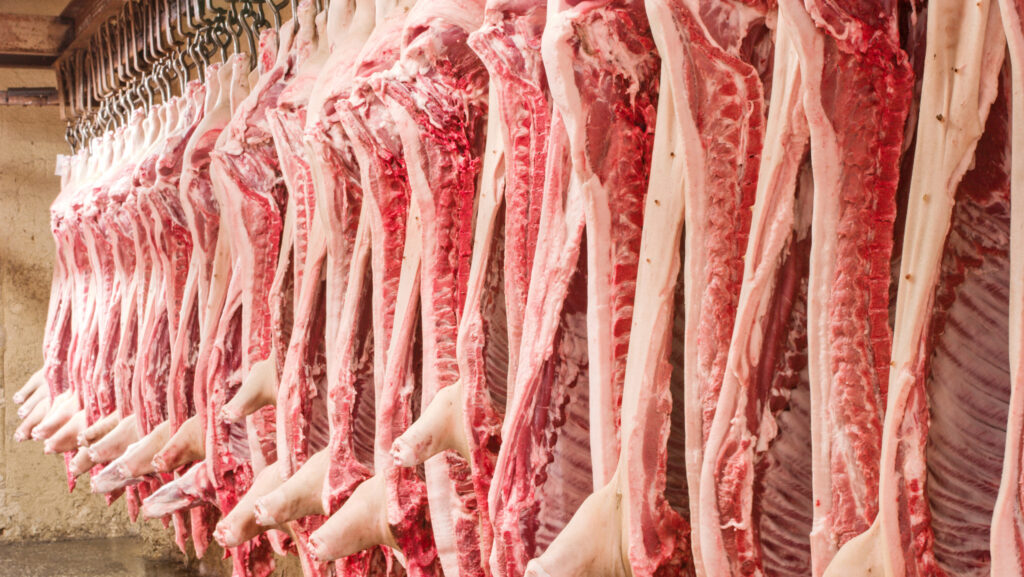Study calling for tax on red meat is dismissed by industry
 © Adobe Stock
© Adobe Stock Meat industry representatives have hit back at an Oxford University study which claims that taxing meat and dairy products could result in the public making healthier food choices, as well as helping reduce greenhouse gas emissions.
Researchers at the Oxford Martin School Environmental Change Institute argue that levying full rates of VAT on meat and dairy, but zero on fruit and vegetables, could improve diets, dietary health, environmental impacts and also government revenues.
See also: New study reaffirms livestock and meat benefits to society
The measures would increase fruit and vegetable intake by about a portion a week, they predict, while in the UK, where there is no tax on most basic foodstuffs, meat and dairy intake would be reduced by up to two portions each.
Claimed benefits
Eating less meat and dairy as a result of VAT reform would reduce cases of diet-related diseases such as heart disease, stroke, cancer, and diabetes, the researchers claim.
Across the UK and the EU, greenhouse gases would be cut by more than 50m tonnes of carbon dioxide equivalent, and demand for agricultural land would fall by more than 70,000 sq km, the researchers calculate.
Prof Marco Springmann, lead author of the study, said: “Adjusting VAT rates based on their health and environmental impacts is as good as a no-loss policy gets while delivering benefits for public health, the environment, and even government revenues.”
Unintended consequences
But such policies could have damaging unintended consequences, warned the British Meat Processors Association.
“It’s not a simple case of making meat prohibitively unaffordable then expecting the public to compensate for the resulting deficiencies in their diet by taking expensive supplements and cooking plant-based foods from scratch,” said a spokesman.
“Often, people will turn towards unhealthy, highly processed substitutes. If that happens, a decline in public health will be one of the unintended consequences.”
Dietary concerns
A recent study by Welsh red meat promotion levy body HCC also highlights a startling knowledge gap among UK consumers concerning the nutritional value of red meat.
Cutting out key food groups, they say, isn’t advisable.
“There is a worrying lack of understanding among consumers when it comes to the health and nutritional value of red meat.
“It is vital that we continue to drive public awareness on red meat’s many positive health credentials,” said HCC’s consumer executive Elwen Roberts.
